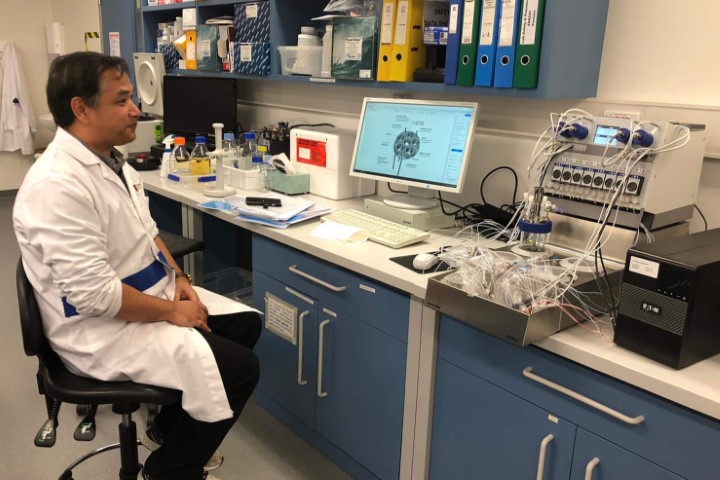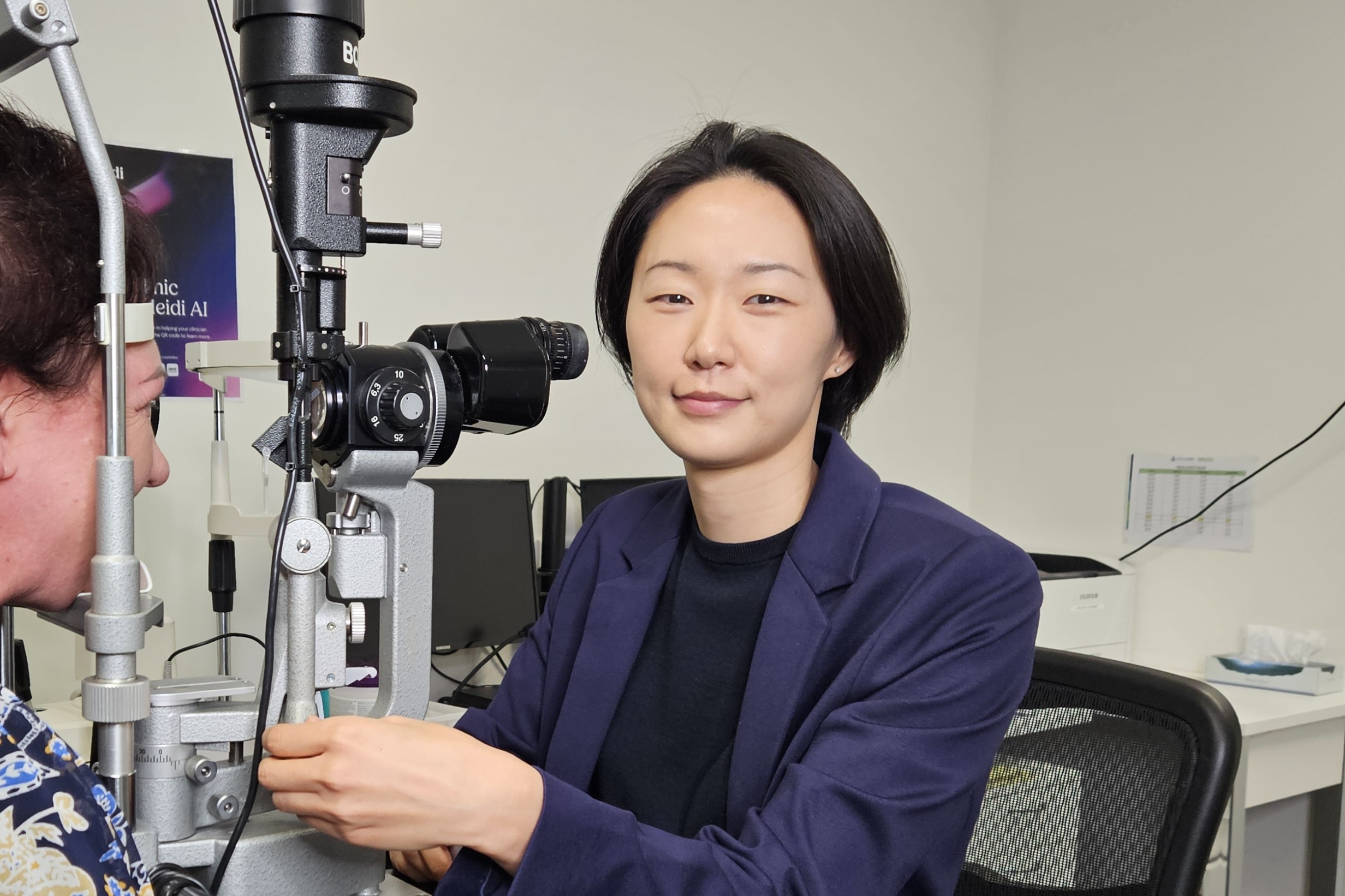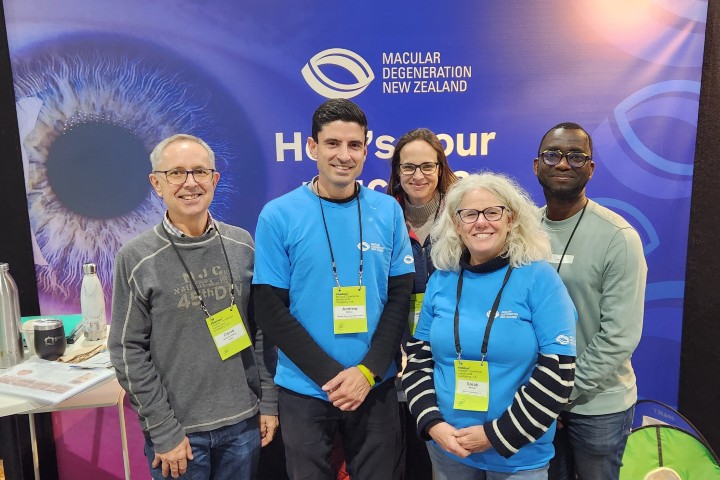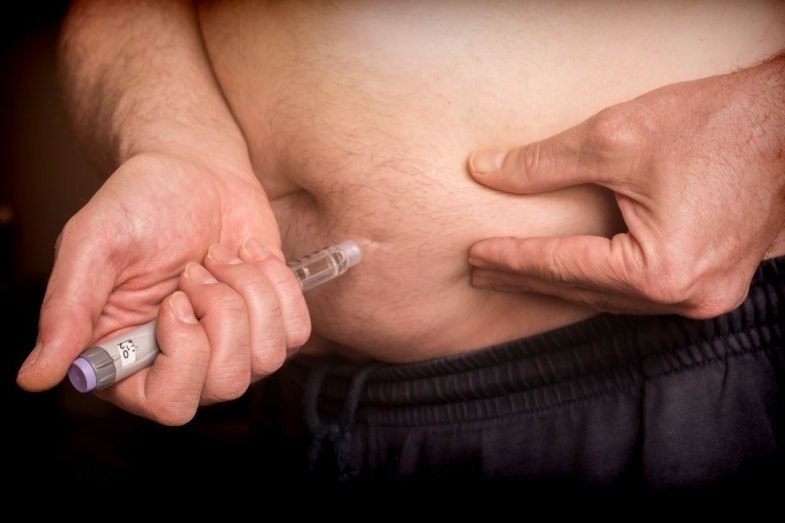Superbug’s Achilles’ heel
A Macquarie University team has discovered that damaging a key protein can weaken Acinetobacter baumannii – an antibiotic-resistant bacterium able to survive for a year on dry hospital walls.
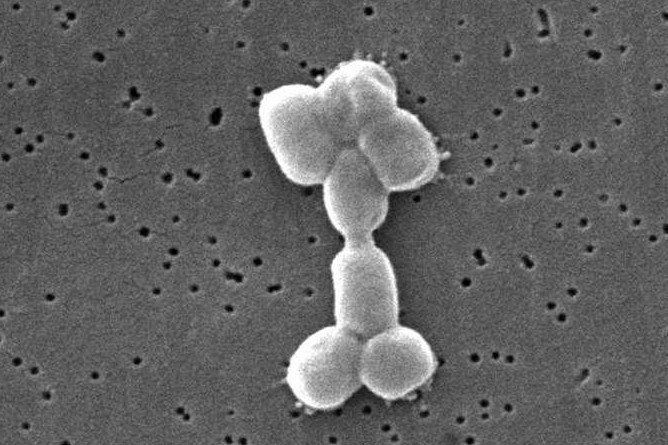
Acinetobacter baumannii
The team found disrupting the regulatory protein DksA leads to changes in about 20% of A baumannii’s genome and breaks the pumping system which usually removes antibiotics and toxic metals from the bacterium, explained study lead Dr Ram Maharjan. “Not only does this protein control stress response, but it also controls virulence. Our disruption caused A baumannii to be completely undetected in the blood of both Galleria mellonella (a moth) and mice. (The bacterium) also becomes super sticky and harmlessly sticks to organs.”
“We hope our paper will encourage researchers worldwide to refocus on developing drugs to fight this superbug, which is spreading through the world’s hospitals and killing already vulnerable people in intensive care units and other high-risk areas,” said senior author Associate Professor Amy Cain. The full study is published in Nucleic Acids Research.

Associate Professor Amy Cain
A 2008 Taiwanese paper reported one case of community-acquired endogenous endophthalmitis and another of hospital-acquired, postoperative endophthalmitis caused by A baumannii. Authors said that although rare, ophthalmologists should be alert to the possibility of patients having endogenous endophthalmitis or a graft ulcer with endophthalmitis caused by A baumannii when performing penetrating keratoplasty.









